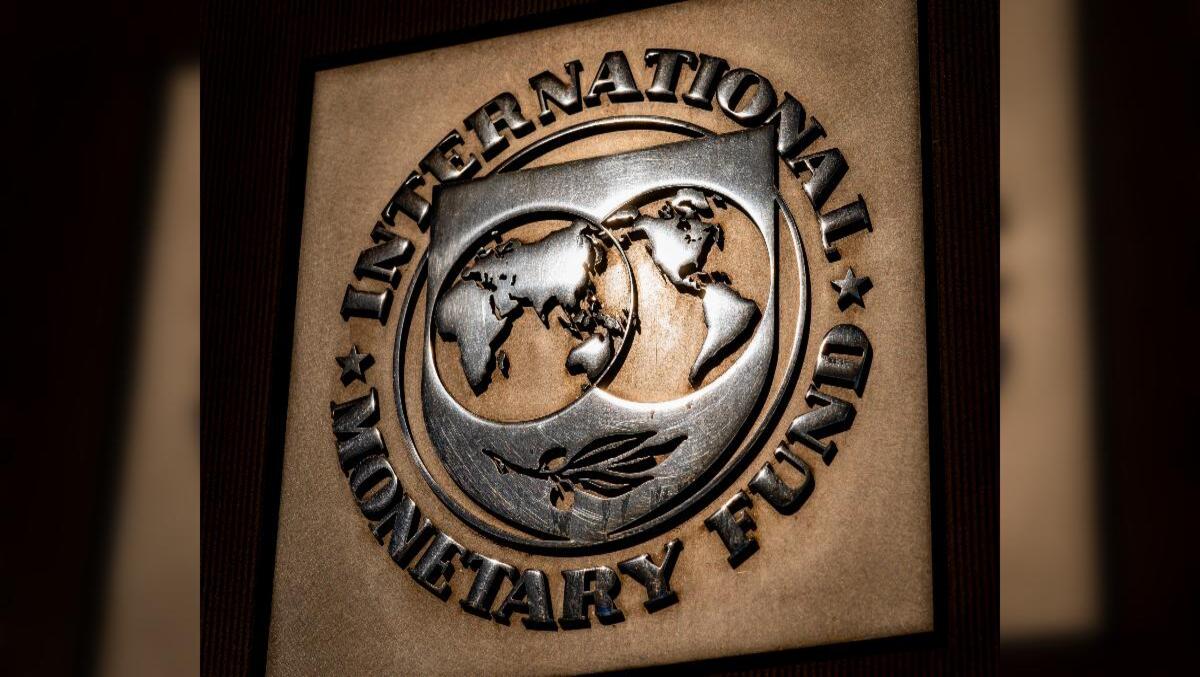The International Monetary Fund (IMF) has announced that the world’s total public debt is set to exceed $100 trillion for the first time this year. The IMF attributes this unprecedented increase to political support for higher spending and the necessity of borrowing in a climate of slow growth.
In its latest Fiscal Monitor report, the IMF projects that global public debt will reach 93% of global gross domestic product (GDP) by the end of 2024, with forecasts indicating it could approach 100% by 2030. This surpasses the peak of 99% observed during the COVID-19 pandemic and marks a 10 percentage point increase from 2019 levels, before the pandemic triggered massive government expenditures.
The report is timely, coming just ahead of the IMF and World Bank’s annual meetings in Washington. The IMF noted that various factors are driving potential future debt levels higher than previously anticipated, including increased spending ambitions in the U.S., the world’s largest economy. “Fiscal policy uncertainty has increased, and political red lines on taxation have become more entrenched,” the report states. It further elaborates that pressures are mounting to address critical issues such as climate change, aging populations, security concerns, and longstanding developmental challenges.
U.S. Election Implications
The IMF’s concerns are particularly pronounced in the context of the upcoming U.S. presidential election, where both candidates have proposed substantial tax breaks and spending plans that could add trillions of dollars to federal deficits. Republican candidate Donald Trump‘s tax cut proposals could add approximately $7.5 trillion in new debt over a decade, while Democratic nominee Vice President Kamala Harris could contribute about $3.5 trillion, according to estimates from the Committee for a Responsible Federal Budget (CRFB).
The IMF’s report emphasizes that debt projections often underestimate actual outcomes, with realized debt-to-GDP ratios averaging 10% higher than initially forecasted five years later.
Economic Headwinds
The report highlights the risks associated with weak growth, tightening financing conditions, and increasing fiscal and monetary policy uncertainty in key economies like the U.S. and China. In a “severely adverse scenario,” the IMF warns that global public debt could escalate to 115% of GDP within just three years, representing a 20 percentage point increase over current projections.
Recommendations for Fiscal Consolidation
In light of these findings, the IMF has reiterated its call for more robust fiscal consolidation. The organization suggests that the current environment of solid growth and low unemployment presents an ideal opportunity for governments to act. However, it criticized current efforts, which average only 1% of GDP from 2023 to 2029, as inadequate for effectively stabilizing or reducing debt levels.
To achieve this, a cumulative tightening of 3.8% is necessary, but in countries like the U.S. and China, where debt is expected to continue growing, significantly more fiscal tightening will be required. The Congressional Budget Office estimates that the U.S. will report a fiscal 2024 deficit of around $1.8 trillion, or more than 6.5% of GDP.
Long-Term Consequences and Strategic Recommendations
The IMF warns that nations with projected rising debt levels, such as the U.S., Brazil, Britain, France, Italy, and South Africa, may face severe consequences if they do not take decisive action. Era Dabla-Norris, the IMF’s deputy director of fiscal affairs, stated, “Postponing adjustment will only mean that a larger correction is needed eventually… High debt and lack of credible fiscal plans can trigger adverse market reactions.”
Dabla-Norris also cautioned that cuts to public investment or social spending could have a more detrimental effect on growth than poorly targeted subsidies, such as fuel assistance. Some countries may have opportunities to broaden their tax bases and enhance the efficiency of tax collections, while others could improve their tax systems by more effectively taxing capital gains and income.
The IMF’s report underscores the urgent need for governments worldwide to develop credible fiscal strategies to manage their rising debt levels and prepare for future economic challenges.





